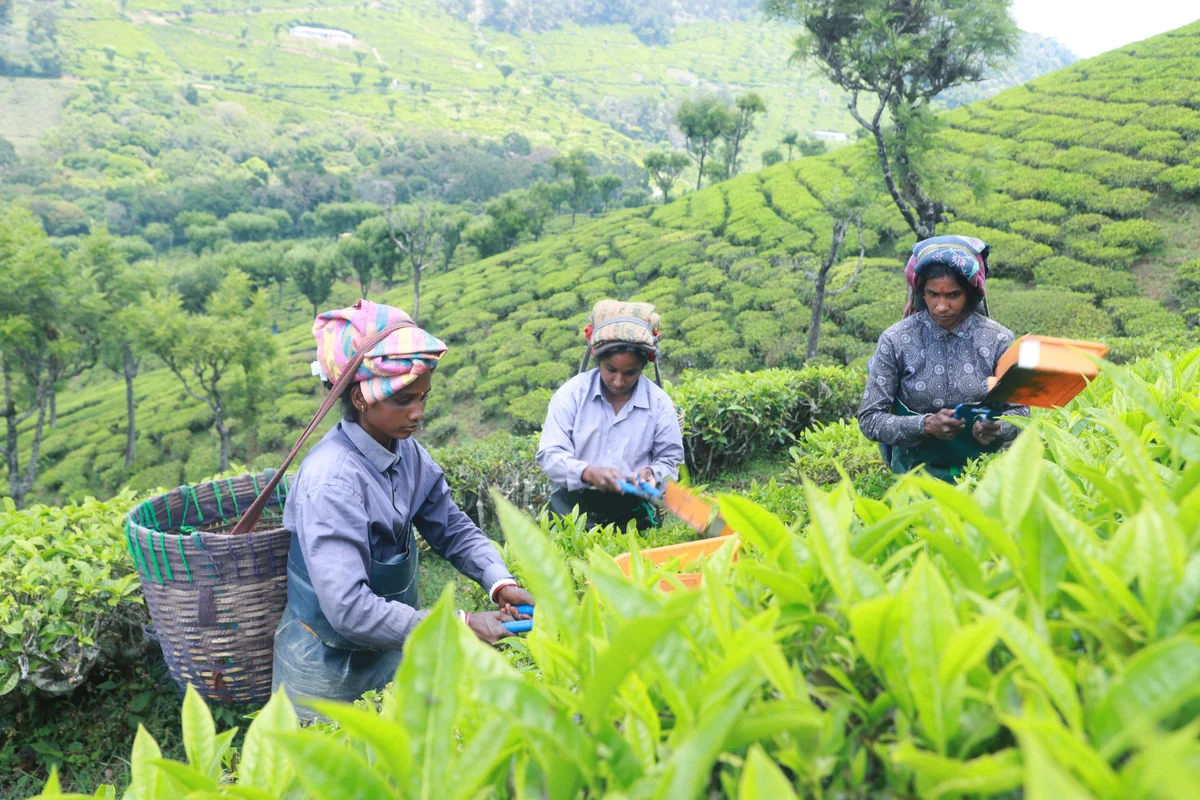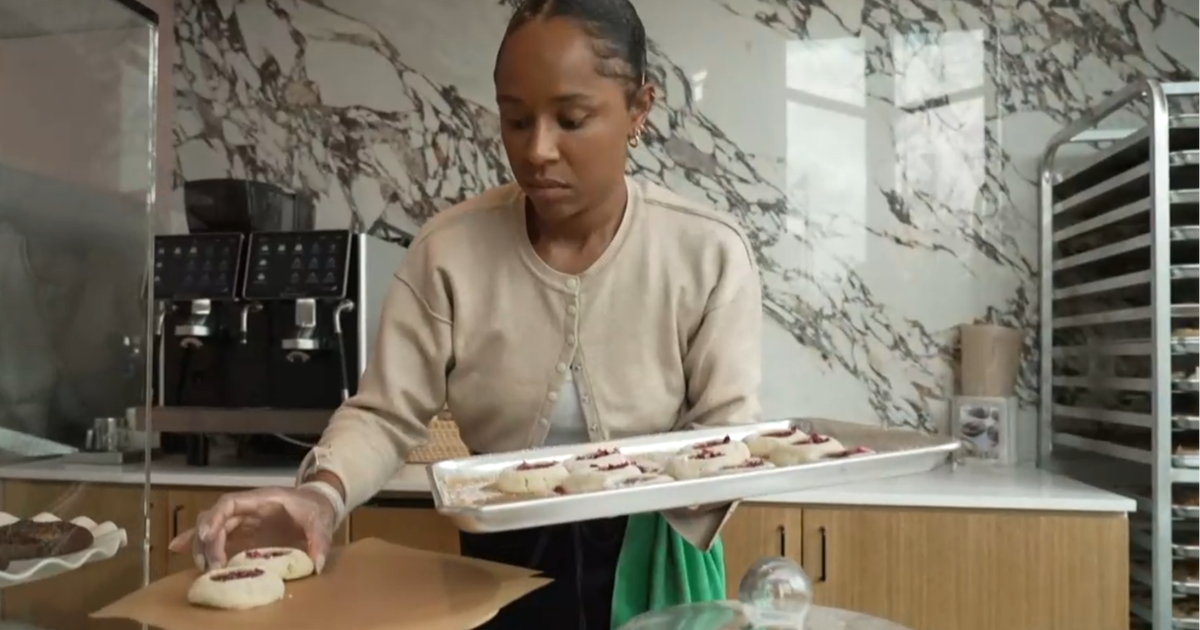By Rebecca Speare-Cole
Copyright standard

A fifth of British adults think the tea they drink originates in the UK, research for Fairtrade has found as the organisation calls on brands to be more transparent about where their products come from.
The research, carried out by consultancy Kantar, suggests widespread misconceptions persist around the origins of the country’s beloved “cuppa”.
Almost all tea brewed in homes and cafes across the UK is imported from overseas, with most starting its journey in Kenya, followed by other countries like India and Malawi.
A small amount of tea can only be grown in specific microclimates in the UK, such as on the Tregothnan estate near Falmouth in Cornwall, with climate change making cultivation in more areas increasingly feasible.
But the survey of 1,365 British adults – taken between August 14 and 18 – found that 21% believe tea they drink originates in the UK, a figure which rises to 46% among those aged 25-34.
The research also suggests that more than a third of UK adults (37%) believe most of their tea comes from India.
Tea growers around the world often face significant challenges – including low pay, inequality, and climate change impacts – with recent Fairtrade research finding that just one in five Kenyan tea growers earn enough to cover their basic living needs.
For all tea sourced on Fairtrade terms, producers are guaranteed a minimum price and receive a premium – an additional amount of money that they can use to invest in their farms and communities.
The recent survey results also suggest 86% of British shoppers want brands to be more upfront about sourcing, and 75% think it is important they provide clear information about prices paid to farmers in countries like Kenya.
And more than half (55%) of respondents said they believe businesses should take a ”large amount” or “full responsibility” for protecting the human rights of workers in their supply chains.
It comes as Fairtrade calls for companies to “brew if fair” during its annual Fairtrade Fortnight campaign, starting on Monday.
Marie Rumsby, director of advocacy and communications at the Fairtrade Foundation, said: “Public support is growing and these figures show that consumers want action from all stakeholders involved.
“It’s time to challenge industry myths and scale up change for the people behind our tea, with UK brands and retailers as pivotal partners.”
Nancy Githaiga, a Kenyan tea farmer and manager at Gatunguru Tea Factory – who is responsible for the livelihoods of around 100,000 tea growers, warned of the existential threat low prices and global warming pose to Britain’s favourite drink.
“If climate change continues unabated, the very existence of the tea bush is threatened, and when the tea bush is threatened, the entire supply chain is threatened,” she said.
“Each and every one of us, from the farmer to the consumer has a role to play to ensure that we mitigate against climate change … so that tea farming, the tea farmer and the tea bush is sustainable now and in the future.”
Ms Githaiga said Fairtrade has helped their farmers rebuild homes after landslides, build tree nurseries and plant more trees on to prevent soil erosion.
Retailers such as the Co-op, Sainsbury’s, Waitrose, M&S and Greggs offer Fairtrade tea, and the organisation says sales volumes increased by almost 27% from around £31.4 million to £39.8 million over the last five years.
But it also estimates that only 10% of all tea sold in the UK is Fairtrade.
As part of Fairtrade Fortnight, a coalition of more than 40 brands has united this week to urge their sectors to commit to sourcing on Fairtrade terms, including Ben & Jerry’s, Clipper, Cafedirect, Flamingo Flowers, Guylian, Harriet Kelsall Bespoke Jewellery, and Tate & Lyle Sugars.
The businesses are calling for an increase in Fairtrade sales of everyday essentials like bananas, cocoa, coffee, and tea to support a level playing field for farming communities around the world.
Kerrina Thorogood, director of partnerships at the Fairtrade Foundation, said: “We all deserve the ability to live safe, fulfilling lives and look after our families.
“In the UK, as consumers and business leaders, we have real power and influence to change the way our goods are produced and traded in partnership with farmers and workers.”
As part of its campaign, Fairtrade Foundation is also calling for urgent action and the introduction of human rights and environmental due diligence legislation (HREDD), which would require companies to identify, prevent, and mitigate these impacts in their operations and value chains.
At least 73 MPs have backed a motion calling for an HREDD law, and more than 15,000 people have signed a petition supporting the legislation, Fairtrade said.
Thousands more expected to add their names at tea parties held around the country over the fortnight, it added.
A Government spokesperson said: “We’re committed to rooting out human rights abuses, forced labour and exploitative environmental practices from UK supply chains and we expect businesses to do everything in their power to prevent these too.
“We have launched a review into the UK’s approach to responsible business conduct as part of our Trade Strategy to examine whether further measures are needed.”



